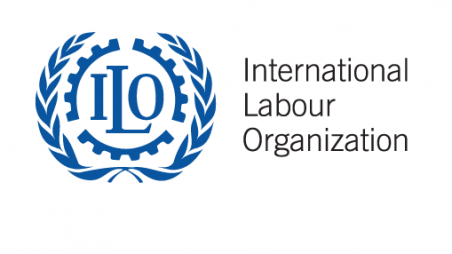Anjali Sharma
GG News Bureau
UNITED NATION, 17th Jan. International labor agency on Monday said that finding a decent and well-paid job is likely to be harder this year, due to the ongoing global economic downturn.
According to the ILO, global employment is set to grow by one per cent in 2023, which is less than half last year’s level, in a press release issued in New York.
The agency said that the number of people unemployed around the world is also expected to rise slightly, to 208 million.
According to ILO’s World Employment and Social Outlook Trends report, this corresponds to a global unemployment rate of 5.8 per cent – or 16 million people
It warned that today’s economic slowdown “means that many workers will have to accept lower quality jobs, often at very low pay, sometimes with insufficient hours”.
Europe and other developed countries has seen the disruption of global supply chains, both of which are counteracting the robust stimulus packages implemented to ride out the COVID-19 crisis and war on Ukraine.
Richard Samans, Director of ILO’s Research Department said that “Real wages we project for 2022 to have declined by 2.2 per cent in advanced countries and of course Europe makes up a significant proportion of advanced countries, versus a rise in real wages in developing countries,”.
He noted the worrying development is the probability that efforts will be dashed to help the world’s two billion informal workers join the formal employment sector, so that they can benefit from social protection and training opportunities.
Manuela Tomei, ILO’s Assistant Director-General for Governance, Rights and Dialogue stated “While between 2004 and 2019 we observed decline in incidence of informality globally of five percentage points, it is very likely that this progress will be reversed in the coming years,”.
Ms. Tomei said that this is because employment recovery “especially in developing countries, has been biased very much towards informal jobs”.
ILO report warned that as prices rise faster than wages, the cost-of-living crisis risks pushing more people into poverty. This trend comes on top of significant declines in income seen during the COVID-19 crisis, which affected low-income groups most, in many countries.
Some 214 million workers live in extreme poverty today, “in other words with $1.90 dollars a day”, Ms. Tomei said.
She stressed that although past decades have seen significant progress in poverty reduction, “many of these gains” have been wiped out by the impact of the coronavirus and the ongoing economic crisis.
“So it’s rather unlikely that by 2030 the very ambitious goal of eliminating poverty in all its forms will be met.”
The report also calculated the size of the global jobs gap to have been 473 million in 2022.
Over 33 million more than 2019 and it is defined as a measure of the number of people who are unemployed, including those who want employment but are not actively searching for a job, either because they are discouraged or because they have other obligations such as care responsibilities.
Ms. Tomei said from a gender perspective, the unequal development of the global jobs market is a big concern.
“Serious gender gaps in terms of labour force participation, in terms of pay, in terms of social protection continue to exist…There are 290 million youth who are not in employment, or in education or in training and young women are faring much worse,” she concluded.


Comments are closed.